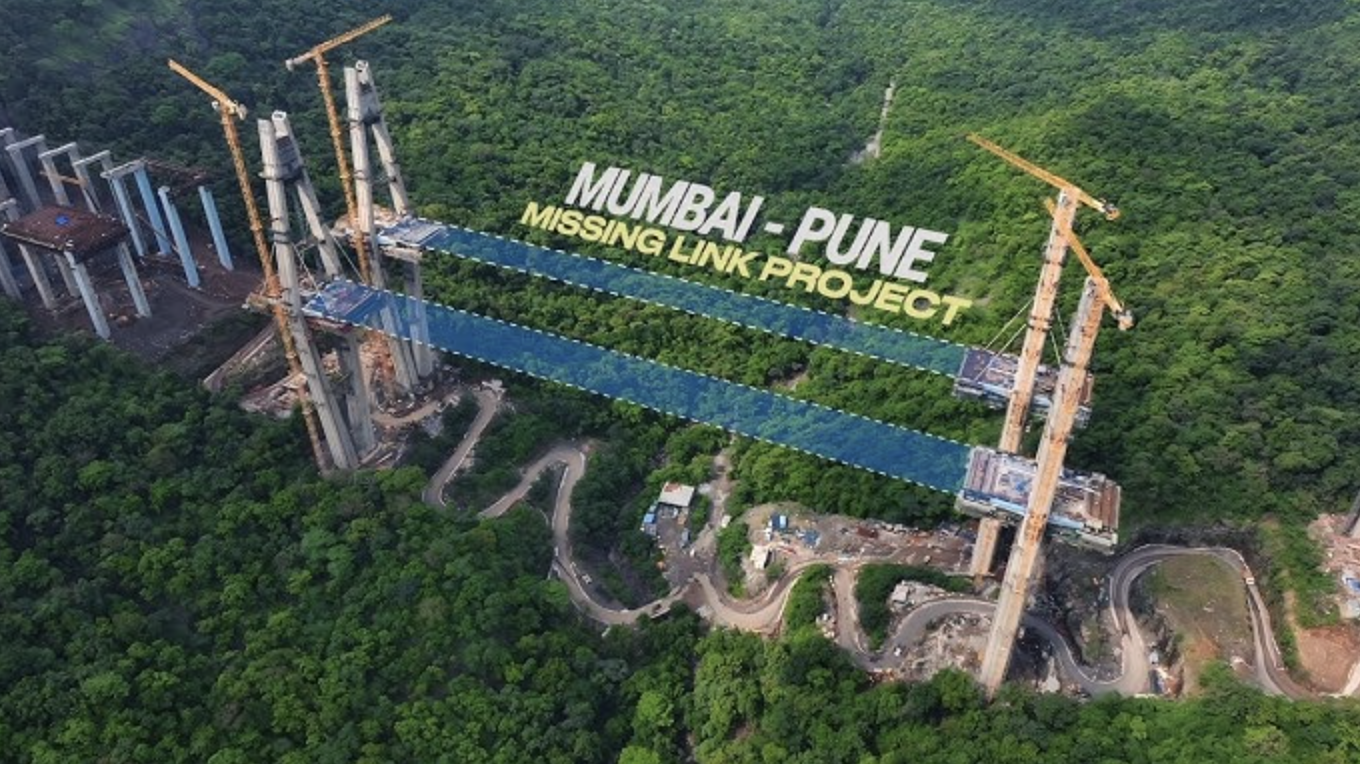New Zealand has introduced comprehensive immigration reforms to address workforce shortages and simplify visa processes. The changes include removing median wage requirements, reducing work experience criteria to two years, extending visa durations, and creating new seasonal worker pathways. These updates aim to benefit both employers and migrants by streamlining hiring processes and enhancing job opportunities.
New Zealand has eliminated the median wage threshold for both Accredited Employer Work Visa (AEWV) and Specific Purpose Work Visa (SPWV). While employers must still offer competitive market rates, the removal of predetermined salary criteria provides greater flexibility in hiring. For migrants planning to bring dependents, a minimum annual income requirement of NZ$55,844 remains in place to ensure financial stability.

Reduced Experience Requirements Open New Opportunities
In a significant move to address labor shortages, the country has decreased the minimum work experience requirement from three to two years. This adjustment makes New Zealand more accessible to skilled workers while maintaining professional standards. The change particularly benefits emerging talent who can now contribute to the workforce sooner.
Enhanced Seasonal Worker Programs
The government has introduced two innovative pathways for seasonal workers. Experienced workers can now access a three-year multi-entry visa, while those with lower skill levels can obtain a seven-month single-entry visa. These options ensure continuous support for industries with seasonal labor demands while providing workers with more stable employment opportunities.
Extended Visa Duration and Streamlined Processes
Workers in ANZSCO skill levels 4 or 5 now benefit from extended visa durations, increasing from two to three years. Current visa holders meeting requirements can apply for an additional year. The government has also simplified recruitment processes by removing the mandatory 21-day Work and Income advertising period for these skill levels.
Construction Industry Benefits
To specifically address construction sector challenges, the domestic workforce requirement has been reduced from 35% to 15%. This adjustment helps construction companies fill positions more efficiently while maintaining opportunities for local workers.
Looking Ahead to 2025
Starting April 2025, AEWV applicants transitioning from other visas will receive interim work rights, ensuring continuous employment during visa processing. Additionally, from January 2025, accredited employers will access streamlined training resources through Immigration New Zealand, replacing current online modules.
These comprehensive reforms demonstrate New Zealands commitment to creating an efficient, flexible immigration system that serves both employers and migrants while addressing critical workforce needs across various sectors.











